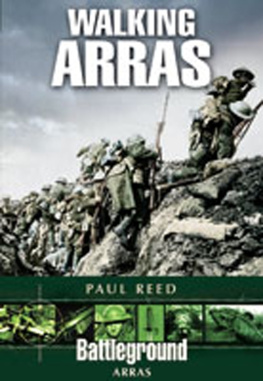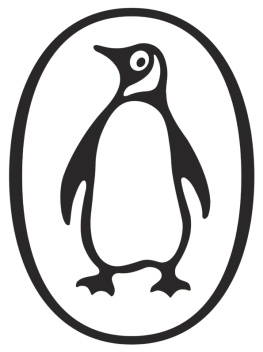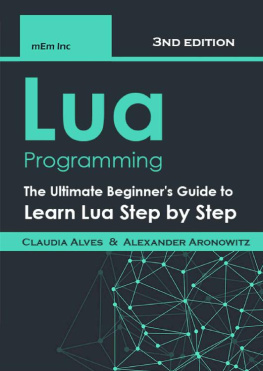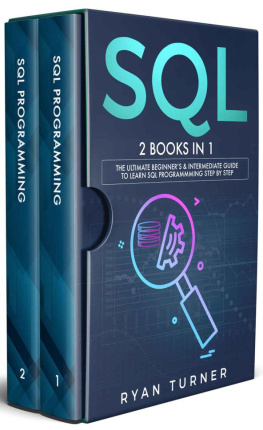Reed - C++: The Ultimate Beginners Guide to Learn C++ Programming Step-by-Step
Here you can read online Reed - C++: The Ultimate Beginners Guide to Learn C++ Programming Step-by-Step full text of the book (entire story) in english for free. Download pdf and epub, get meaning, cover and reviews about this ebook. year: 2021, genre: Computer. Description of the work, (preface) as well as reviews are available. Best literature library LitArk.com created for fans of good reading and offers a wide selection of genres:
Romance novel
Science fiction
Adventure
Detective
Science
History
Home and family
Prose
Art
Politics
Computer
Non-fiction
Religion
Business
Children
Humor
Choose a favorite category and find really read worthwhile books. Enjoy immersion in the world of imagination, feel the emotions of the characters or learn something new for yourself, make an fascinating discovery.

C++: The Ultimate Beginners Guide to Learn C++ Programming Step-by-Step: summary, description and annotation
We offer to read an annotation, description, summary or preface (depends on what the author of the book "C++: The Ultimate Beginners Guide to Learn C++ Programming Step-by-Step" wrote himself). If you haven't found the necessary information about the book — write in the comments, we will try to find it.
C++: The Ultimate Beginners Guide to Learn C++ Programming Step-by-Step — read online for free the complete book (whole text) full work
Below is the text of the book, divided by pages. System saving the place of the last page read, allows you to conveniently read the book "C++: The Ultimate Beginners Guide to Learn C++ Programming Step-by-Step" online for free, without having to search again every time where you left off. Put a bookmark, and you can go to the page where you finished reading at any time.
Font size:
Interval:
Bookmark:
C++ Programming
The Ultimate Beginners Guide to learn C++ Programming Step-by-Step
Mark Reed
Copyright 2020 - All rights reserved.
The content contained within this book may not be reproduced, duplicated or transmitted without direct written permission from the author or the publisher.
Under no circumstances will any blame or legal responsibility be held against the publisher, or author, for any damages, reparation, or monetary loss due to the information contained within this book, either directly or indirectly.
Legal Notice:
This book is copyright protected. It is only for personal use. You cannot amend, distribute, sell, use, quote or paraphrase any part, or the content within this book, without the consent of the author or publisher.
Disclaimer Notice:
Please note the information contained within this document is for educational and entertainment purposes only. All effort has been executed to present accurate, up to date, reliable, complete information. No warranties of any kind are declared or implied. Readers acknowledge that the author is not engaged in the rendering of legal, financial, medical or professional advice. The content within this book has been derived from various sources. Please consult a licensed professional before attempting any techniques outlined in this book.
By reading this document, the reader agrees that under no circumstances is the author responsible for any losses, direct or indirect, that are incurred as a result of the use of the information contained within this document, including, but not limited to, errors, omissions, or inaccuracies.
Table of Contents
Introduction
This book is fit for beginners and for coders who are interested in getting into backend programming. Although C++ is sometimes portrayed as a specter of days past, the language is still with us and it continues to be behind some of the biggest technologies we use todaynot mentioning its big imprint in the gaming world. Its power and versatility continue to make it one of the most important languages of our time. It is not going anywhere and learning it will expand your horizons.
C++ is often utilized as a backend language for big data because of its little processing overhead. Companies like Spotify, Adobe, YouTube, and Amazon power their backend with C++, and you will soon see why.
C++ is also behind powerful gaming engines. Gaming engines allow programmers to build a game without coding everything from scratch and to effectively render content. The Unity Game Engine and the Unreal Engine are examples of gaming engines that run on C++.
C++ is a beautiful, efficient language because of the favorable power/hardware ratio: it uses little hardware for the amount of power it gives us. This is why those who learn it love it.
In this book we will cover the following topics:
Programming terminology and principles in programming
Setting up a C++ environment
Getting Started: Syntax, Data Types, and Variables
Power of C++: Operations, Loops, Switches, and Decision Making
Creating custom functions in C++
You will also find a useful glossary at the end so that you can use the book as a reference once you get cracking.
Chapter 1:
Setting up a C++ Development Environment
At its most basic, programming is writing a list of instructions in code that the machine can understand. The code resides in executables files. These files come with file extensions that tell a compiler what language is in the file. These extensions are the suffixes you often see at the end of the file, like .js. .cpp or .hpp.
To write code and save it in an executable file you need the following things:
- A text editor : this will allow you to write and edit the code.
- A language compiler : This program takes the code you have written and translates it into machine language that your computer can understand and follow.
All programming languages work like this except HTML, CSS, and JavaScript - these programs are interpreted and executed by the browser ( Introduction, n.d.). This means browser languages like JavaScript are software-based, while C++ is compiled and then run directly on your machine, not in a software environment.
This means C++ is an assembly language. Assembly languages are low-level programming languages that need a compiler so they can run on a machine (Lithmee, 2018). In this context, the word low-level does not carry a bad connotation; it is descriptive, meaning that the language is closer to the machine or just a step away from it.
As you can probably guess, C++ is a general-purpose language that can run almost anywhere. This means it can be assembled and compiled in several different ways. This will largely depend on your operating system and the creation utilities you are using.
Our C++ exercises will be compiled on an online IDE. IDE stands for Integrated Development Environment and it is used to edit and compile code. I bet that description sounds familiar. Yes, an IDE is an example of a text editor, but unlike a plain text editor, it has extra features that are important to the programming process. An IDE can do things like compile code, debug code, highlight code, warn you of syntax errors, and more.
|
Geeks for Geeks IDE: A web-based Program Compiler This IDE can be found at https://ide.geeksforgeeks.org/ and has several programming languages. We will be focusing on C++. This IDE has many coding utilities: a tabbed working space, an input box, and a code manager. This code manager includes the two bottom buttons highlighted on the left . These code manager buttons allow you to download and upload code as files with their corresponding file extension. This IDE also allows you to run and generate a URL that saves the result. Well be using these generated URLs to manage our lessons. |
In this book, we will use a Geeks for Geeks web-based IDE, but you should learn to set up a local IDE. For the majority of your programming career, that is where you will be working. Plus, you can customize the IDE to fit your needs and spruce up your code.
IDE environments that are focused on programming always have to have a text editor and a compiler within them. Non-IDE environments separate compilers and plain text editors. The text editor serves as a programming interface in non-IDE setups; this simply means the text editor will be the place you tinker with the code.

When looking for a text editor, you need one with syntax highlighting and indenting as all programming languages follow their syntax. This is because you want to be able to read your code easily and you want collaborators to be able to do so, too. These text editors help by improving readability. This is especially important because coding is no longer and has never been a solitary task. There is no one-man genius like in the movies.
Github and Pastebin are code aggregators that have syntax highlighting add-ons enabled. Github will allow you to host your entire project on their site, while Pastebin only allows code snippets. On these platforms, you can save code in a variety of languages.
They are very useful to programmers because they allow programmers to share code, collaborate, test, and so forth. Learning how to deploy a project to Github is one of the most important things in programming because it has become so standardized. So, maintaining a Github profile has also become important, as it holds all the projects you are working on, have worked on, and your activity (Peshev, 2017). To a potential employer or collaborator, this information is invaluable.
Font size:
Interval:
Bookmark:
Similar books «C++: The Ultimate Beginners Guide to Learn C++ Programming Step-by-Step»
Look at similar books to C++: The Ultimate Beginners Guide to Learn C++ Programming Step-by-Step. We have selected literature similar in name and meaning in the hope of providing readers with more options to find new, interesting, not yet read works.
Discussion, reviews of the book C++: The Ultimate Beginners Guide to Learn C++ Programming Step-by-Step and just readers' own opinions. Leave your comments, write what you think about the work, its meaning or the main characters. Specify what exactly you liked and what you didn't like, and why you think so.









